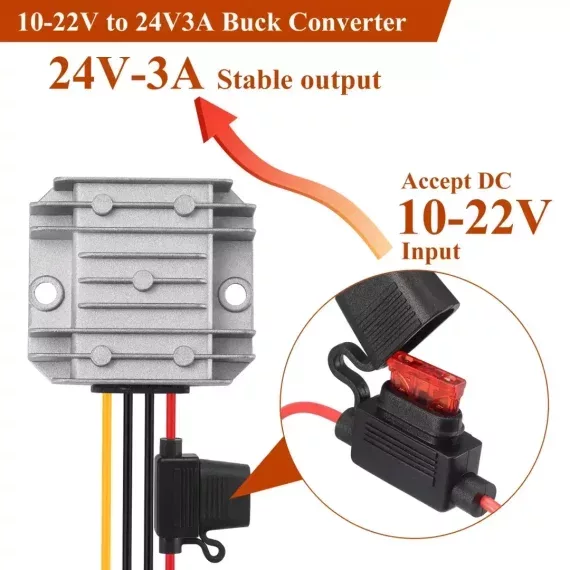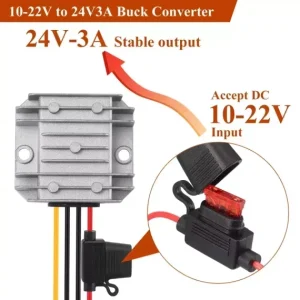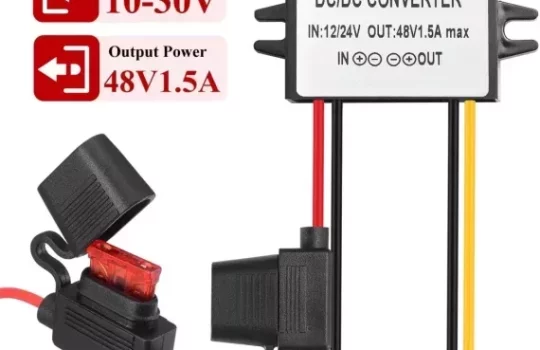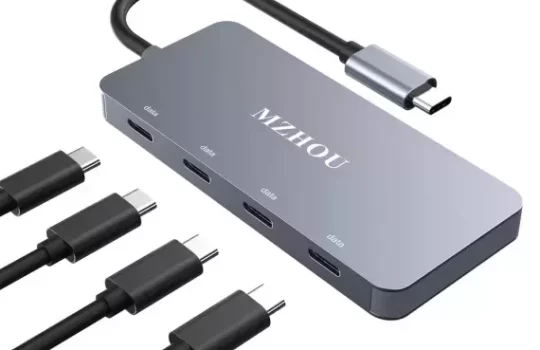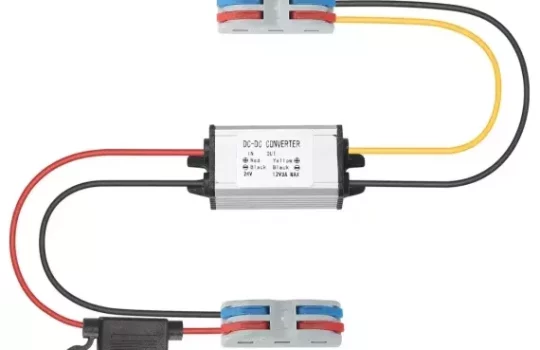In modern electronics, power management is essential for efficient operation of the equipment. Many applications require higher voltages than the available DC power supplies can provide. This is where DC boost converters (also known as step-up converters) play an important role. These converters are essential in a wide range of applications, from battery-powered devices to renewable energy systems and industrial electronics.
Applications of DC Boost Converters in Different Industries
1. Applications of DC Step-Up Converters
Step-up converters are widely used across various industries. Below are some key applications:
1.1 Battery-Powered Devices
- Used in laptops, tablets, and smartphones to step up the voltage from lithium-ion batteries.
- Boost converters ensure efficient energy use in wearable devices and IoT sensors.
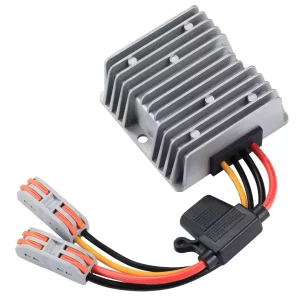
1.2 Renewable Energy Systems
- Solar power systems use boost converters to increase the voltage of solar panels before feeding into inverters.
- Wind energy systems benefit from step-up converters to stabilize output voltages.
1.3 Automotive and Electric Vehicles (EVs)
- Used in hybrid and electric vehicles to step up battery voltage for motor drives.
- Employed in LED lighting systems within vehicles.
1.4 Industrial and Medical Equipment
- Industrial applications include robotics, automation, and power tools.
- Medical devices like portable diagnostic tools rely on boost converters for stable operation.
1.5 Aerospace and Defense
- Used in satellites, drones, and military-grade communication systems, where power efficiency and reliability are crucial.
- How to Choose the Right DC Step-Up Converter
When selecting a step-up converter, consider the following factors:
2.1 Input and Output Voltage Requirements
- Ensure the converter supports your desired voltage boost range.
2.2 Power Efficiency
- Look for converters with high efficiency ratings (above 90%) to reduce heat dissipation and energy waste.
2.3 Load Current Capacity
- Choose a converter with adequate current-handling capabilities for your specific application.
2.4 Size and Form Factor
- Compact designs are preferable for portable devices, while industrial applications may allow larger converters.
2.5 Protection Features
- Overvoltage, overcurrent, and thermal protection features are essential for safety and durability.
DC step-up converters play a crucial role in voltage boosting for DC circuits, enabling efficient power conversion in a variety of applications. From battery-powered devices to renewable energy systems and automotive electronics, boost converters provide a compact, efficient, and versatile solution for increasing voltage in modern electronic circuits.
Understanding their working principles, advantages, challenges, and applications helps engineers and hobbyists make informed decisions when designing or selecting power supply solutions. As technology continues to advance, DC step-up converters will become even more efficient and widely used in next-generation electronics.

